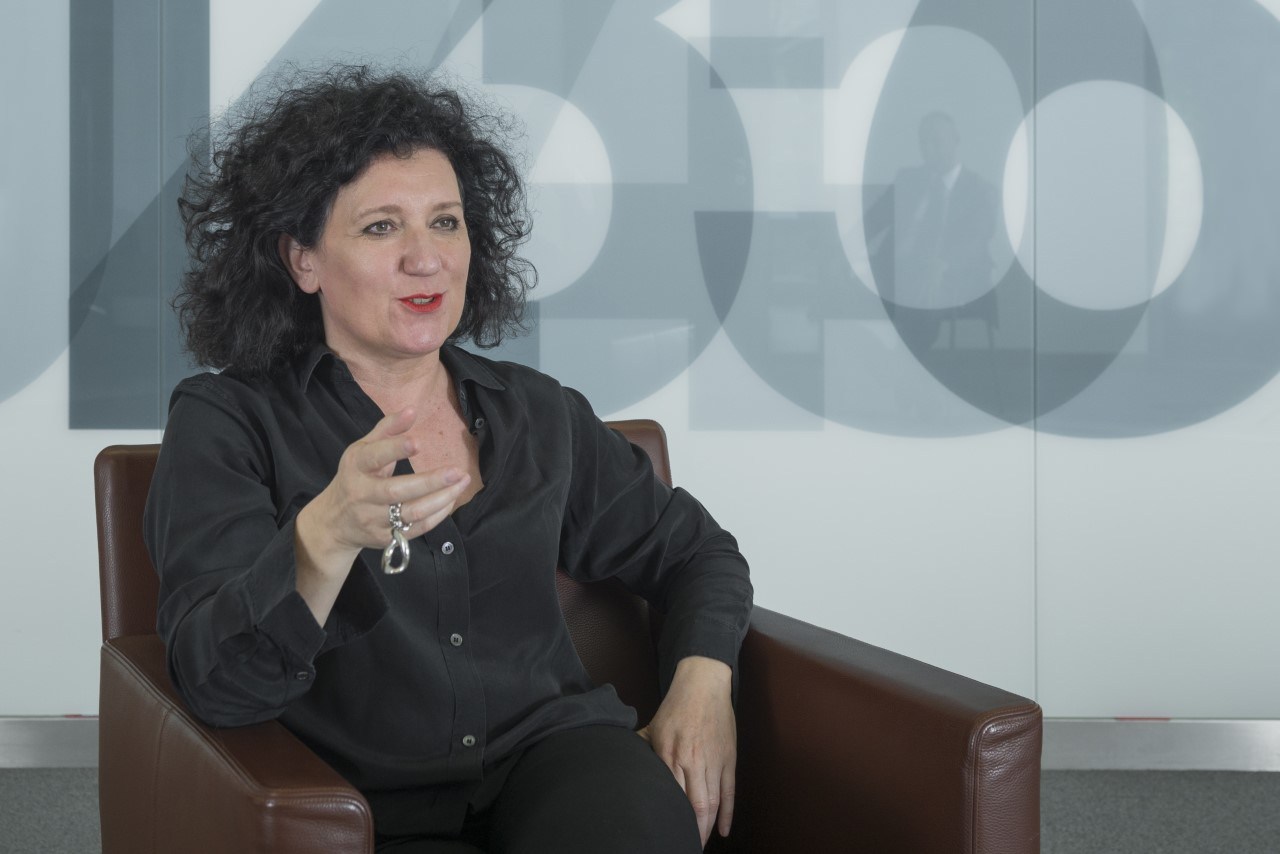The European Court of Auditors (ECA) criticizes the European Personnel Selection Office (EPSO) for not having adapted its recruitment of staff to the EU institutions to a changing environment.
In a new performance audit report published on Thursday, ECA writes that the EU institutions increasingly seek to recruit specialised staff, who can become operational quickly, due to reduced staffing and advancing digitalisation.
EPSO was set up in 2003, at a time when the institutions needed to recruit a large number of people every year due to the 2004-2007 enlargements. However, since 2012, specialist profiles have made up the majority of new staff sought by EU institutions and most of EPSO’s competitions have resulted in small lists (so-called reserve lists) of successful applicants.
How the EU institutions select staff from these lists, often with a considerable delay, was outside the scope of the audit. The appointment of staff at managerial levels was also outside the audit scope. ECA focused the audit on the different phases of EPSO’s recruitment process in 2012 – 2018 and collected data from among others a survey of more than 400 EU-managers.
The office recruits future EU civil servants via two main types of competition: large ones for entry-level generalists such as lawyers, economists and translators, and smaller ones for more specific profiles such as IT experts and scientists. The recruitment process is highly selective, based on psychometric tests and exams at assessment centres, with an average success rate of 2 %.
The auditors found that EPSO’s selection process is not well adapted to small-scale targeted competitions that could attract such specialists to apply for positions in the EU civil service. At the same time, they also point to a number of weaknesses in the generalist selection procedures carried out by EPSO.
“EPSO competitions are the gateway to a career in the EU civil service, but no longer meet the EU institutions’ current recruitment needs,” said Annemie Turtelboom, the ECA Member responsible for the report. “EPSO must reconsider its selection process and launch a new, faster, more flexible and cost-effective system for selecting specialists.”

Belgian ECA member Annemie Turtelboom, credit: ECA
The audit shows that the average duration of the recruitment process is 13 months, which is above EPSOs internal goal of 10 months. To this could be added the time it takes for the EU institutions to select staff from the reserve lists, trying the patience of the successful candidates because the validity of the lists risk to expire.
According to auditors, EPSO does not target its communications consistently towards attracting good candidates, and applicants with strong specialist profiles risk early elimination in psychometric exams before their job-specific knowledge is even tested. Treating all competitions in the same way EPSO did not check the CVs of the applicants first.
“The recruitment process starts with a pre-selection phase using computer based psychometric tests. In the smaller competitions for specialists, it should have started with an examination of the education and professional experience of the candidates,” explained a senior auditor.
Furthermore, two thirds of EPSO’s “EU Careers” events take place in Brussels, and EPSO mainly attracts EU nationals already based in Brussels or Luxembourg, many of which are or have been employed in EU institutions. This hampers geographic and socio-economic diversity within EU institutions.
ECA member Turtelboom told The Brussels Times that the majority of candidates belong to the ‘Brussels bubble’. “This isn’t bad in itself but more should be done to attract applicants from all over the EU.” EPSO has also not been successful in attracting enough graduates or young professionals to a career in the institutions, as the proportion of candidates under the age of 35 has been decreasing.
In fact, the new ECA audit should be read in tandem with a previous audit in 2019 on the impact of the 2014 staff reform package.
It showed among others that the reform, though resulting in considerable long-term cost saving, has negatively impacted the Commission's attractiveness as an employer. The reform resulted in an increase in the share of contract agents and significant differences in the distribution of Commission staff by country of origin and pay grades.
In the new report, the auditors recommend that EPSO should review its selection process to better meet the changing recruitment needs of EU institutions, introduce a new selection framework for specialists, better coordinate with the EU institutions, measure their satisfaction, monitor the cost of competitions and shorten their duration. EPSO accepted all recommendations without reservation.
M. Apelblat
The Brussels Times

